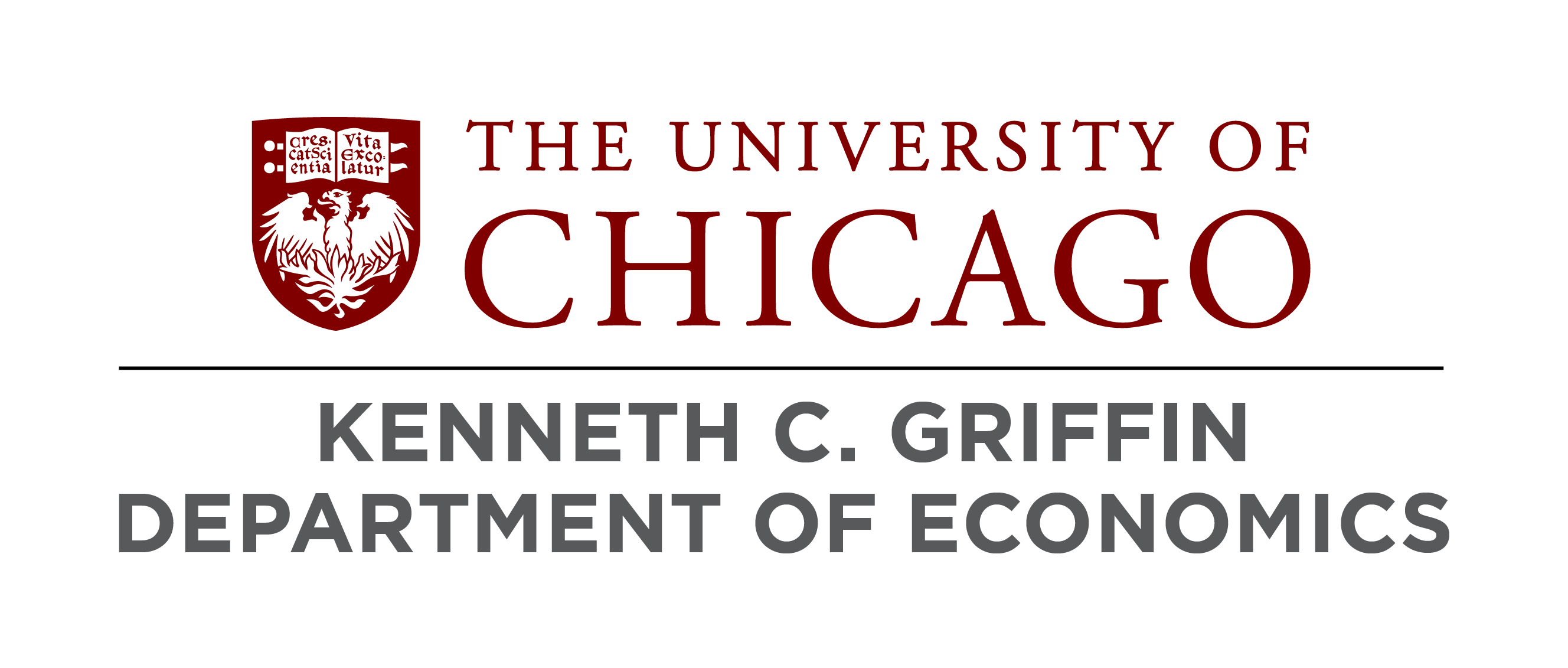
Primary Research Focus: Labor Economics, Public Economics
Secondary Research Focus: Economics of Education
References: Michael Greenstone, Magne Mogstad, Jack Mountjoy
Michael Galperin's Personal Website
Michael Galperin's CV
Recent Research / Recent Publications
Abstract
For some students, grant aid awards increase college attendance. However, existing methods are unable to separately estimate the impact of aid on these marginal students from its impacts on inframarginal students who would attend college even without additional aid. In this paper, I develop an econometric framework for separately identifying the effect of grant aid on these two groups. I use administrative data on the universe of students in Texas to apply the framework to two grant programs: the TEXAS Grant (the state of Texas’s flagship need-based financial aid policy), and a cutoff in federal grant aid eligibility rules that automatically lowers students’ Expected Family Contribution to zero. For middle-income students at the margin of receiving a TEXAS Grant, the grant is effectively a transfer, with no detectable impact on enrollment or postsecondary outcomes but a significant negative effect on loans and earnings during college. In contrast, for lower-income students at the margin of reciving an Auto-Zero EFC, I replicate previous findings that show significant increases in degree attainment, future earnings, and community college enrollment. Targeting of grant aid at the margin shapes these results: the TEXAS Grant has null effects on student outcomes in part because schools give grants to students with high ex-ante graduation probabilities. Finally, I show that students brought into community college attendance by receiving an Automatic Zero EFC are negatively selected. I use this fact to tighten nonparametric bounds on the grant’s treatment effects, overcoming sample selection bias due to data being selected on enrollment. This method reveals positive treatment effects where standard no-assumptions bounds are too wide to be informative.
View Michael Galperin's Full Job Market Paper
 THE UNIVERSITY OF CHICAGO
THE UNIVERSITY OF CHICAGO

